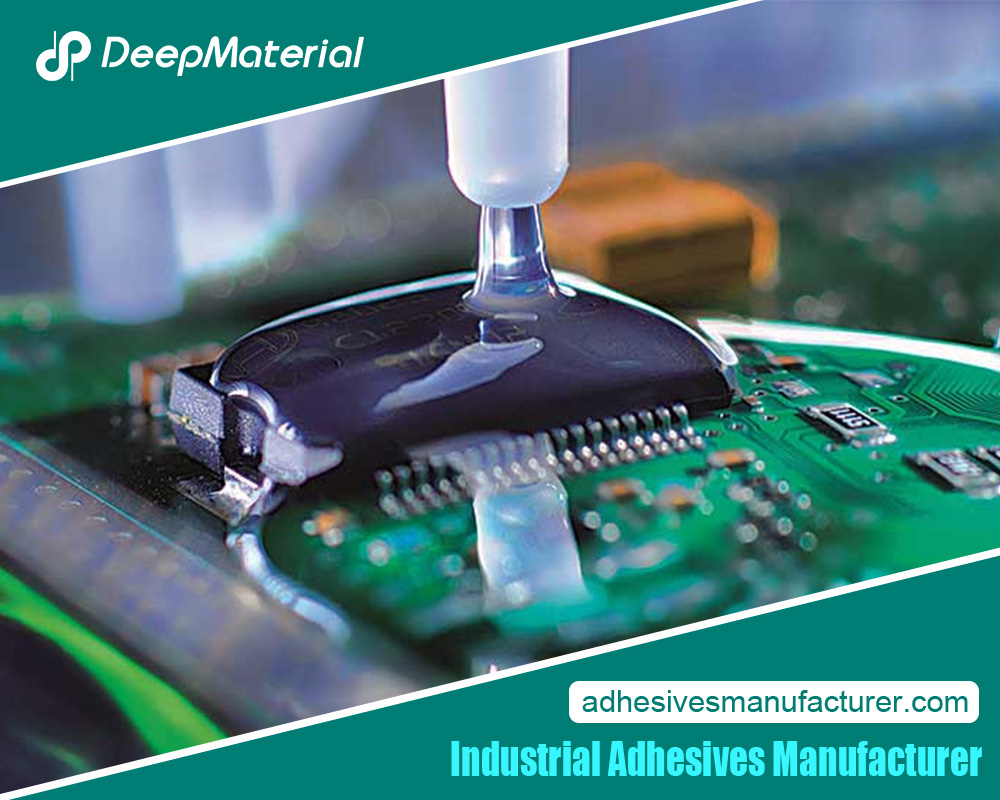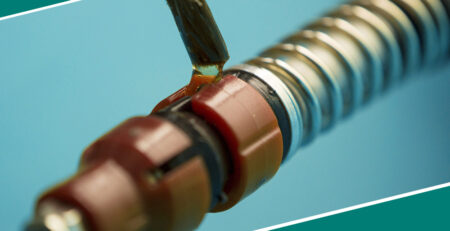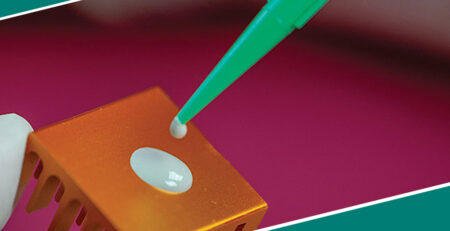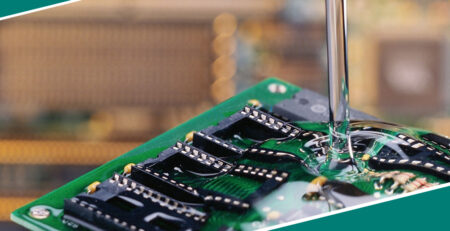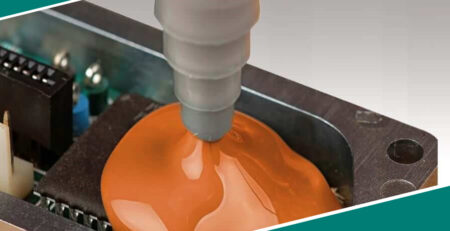What Is UV Conformal Coating
What Is UV Conformal Coating
Electronics have always been susceptible to harsh elements like humidity, salt spray, drastic temp changes and UV light – but with conformal coatings and UV protection, you can create a watertight layer that keeps sensitive components safe from harm.
Polymer-based films are applied to most types of electronic devices, such as PCBs, to help seal them against these weather woes. So, whether it’s blazing heat or pouring rain, you know your electronics will stay perfectly poised for performing at peak performance!
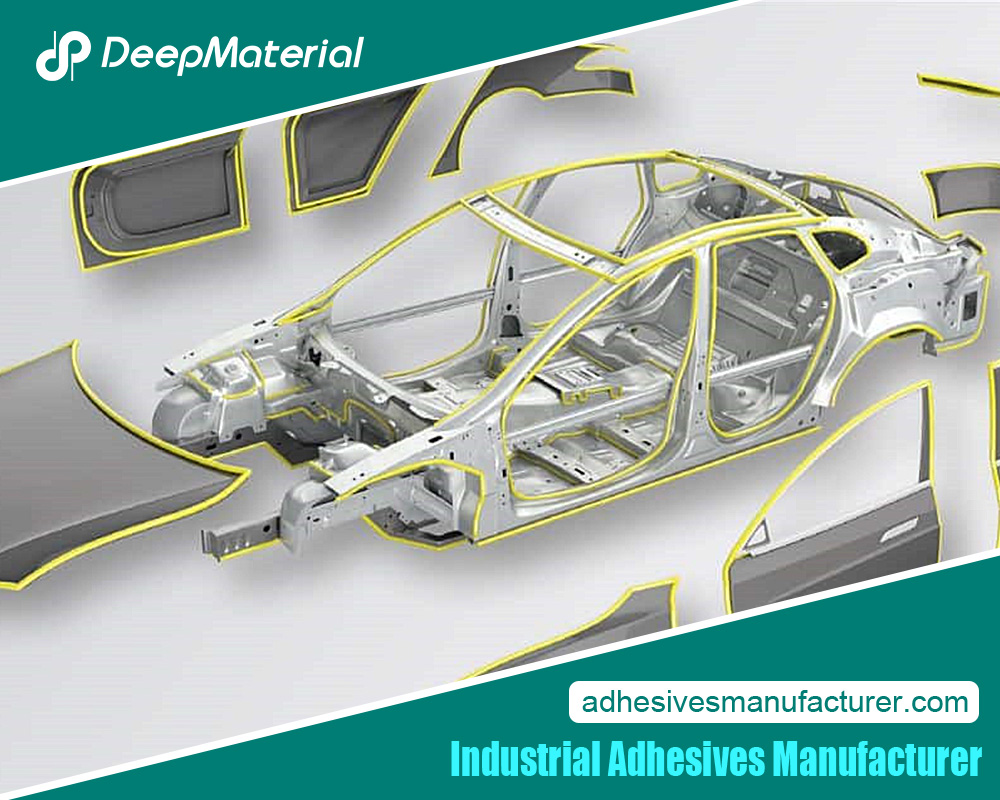
The Differences Between Conformal Coating and Standard Coating
Standard coating and conformal coating are two buffering barriers used within the electronics industry. Still, as great as their roles may be in safeguarding essential components from any external risks, these two coatings substances differ quite a bit.
Let’s hone in on the noteworthy disparities between them: firstly, their very purpose of application is different – one has its specifics to abide by; secondly, their physical features don’t match up either – making it easier to tell them apart!
- Definition– Standard coating forms a protective treatment for any electronics, forming a safe cocoon against environmental elements like moisture, dust, and contaminants – generally made from materials such as acrylics, urethanes, or epoxies. But if you want something even more secure, conformal coating is the answer. It’s specifically designed to hug the contours of your components and circuitry with an ultra-thin shell of materials like acrylics, silicones, urethanes or epoxies again.
- Application– Standard coatings are usually spread across the entire electronic assembly, providing robust protection more or less evenly – but not necessarily molding to each component’s intricate shape. In contrast, conformal coatings get right down to the details, forming a hug-fitting protective hug around every corner and crevice of your electronic assembly. Nothing is left uncovered, and you can be sure that your commodities will retain their longevity regardless of any outside interference.
- Thickness– Coatings generally differ in thickness, with traditional varieties having a substantial layer compared to conformal coatings. The extent of thickness varies depending on the material used for coating and the amount of protection desired. Speaking about conformal coatings particularly, these are spread much thinner – usually in between a few thousandths of an inch – allowing them to wrap around contours without blocking any operative aspects.
- Purpose– Coats of the standard variety only do so much to guard against weather and other outside influences – but they won’t give you optimized defense against humidity, certain chemicals or extremes of temperature. That’s where conformal coatings come in: tailored protection designed for specific scenarios such as moisture, corrosion & insulation – offering high-end fortification perfect for harsher conditions.
- Material Options– Choosing the right coating can be a tough decision – cost, applicability, and, of course, protection all come into play. But you have an array of options at your disposal: from acrylics to urethanes and epoxies, there’s no shortage of potential materials that’ll give your project just the coverage it needs. From everyday wear and tear to extreme conditions, conformal coatings could be precisely what you need – whether that’s silicone, urethane, epoxy, or another formula tailored to your specific situation.
- Visibility & Inspection– Coats of a regular nature can often be opaque, and this could make it rather challenging to focus on things going on under the surface. This lack of seeing through can mask any issues with the solder joint or component damage, for instance. On the flip side, conformal coats generally offer decent visibility into what’s underneath, therefore giving a good outlook when inspecting quality control or checking details. This transparency has proven its worth countless times when investigating potential hiccups down the line!
- Reworking & Repairing– Standard coatings can be a real headache to repair or rework, more so if the entire layer needs removing. Often, it’s practically mandatory to strip away any existing coating before laying down a fresh one. Conformal coatings make repairs and rework a lot simpler, though – specific formulas enable you to carry out localized repairs and touch-ups without having to remove the entire coating.
- Cost– Standard coatings usually come with a low price tag, making them ideal for situations where only the basics are needed but tight budgets remain in play. On the flip side, conformal coatings might stay on the expensive side due to their custom makeup and application accuracy; however, this is a worthwhile cost since they provide superior protection compared to ordinary coatings when things get tough.
Nothing protects electronic components like specialized conformal coatings. These innovative coverings go above and beyond traditional options, wrapping around delicate parts to ensure maximum protection from whatever life throws at them.
With such intricate shapes and unique needs, it’s no wonder why you’d need something more than just a generic coating – the choice between standard and conformal comes down to picking out what best suits your assembly.
The Importance of Conformal Coating in This Time and Age
Conformal coatings are paramount to the modern era, no doubt about it. You really can’t overestimate their importance. They use different materials that provide a protective barrier against environmental factors like water, chemicals, salinity, altitude – you name it!
Not to mention UV light and other variables that depend on the material’s properties. In short, modern industry wouldn’t be able to tick without them.
Conformal coatings have applications in the automobile industry, aerospace, consumer products, marine industry, LED industry, power/energy industry, and military industry.
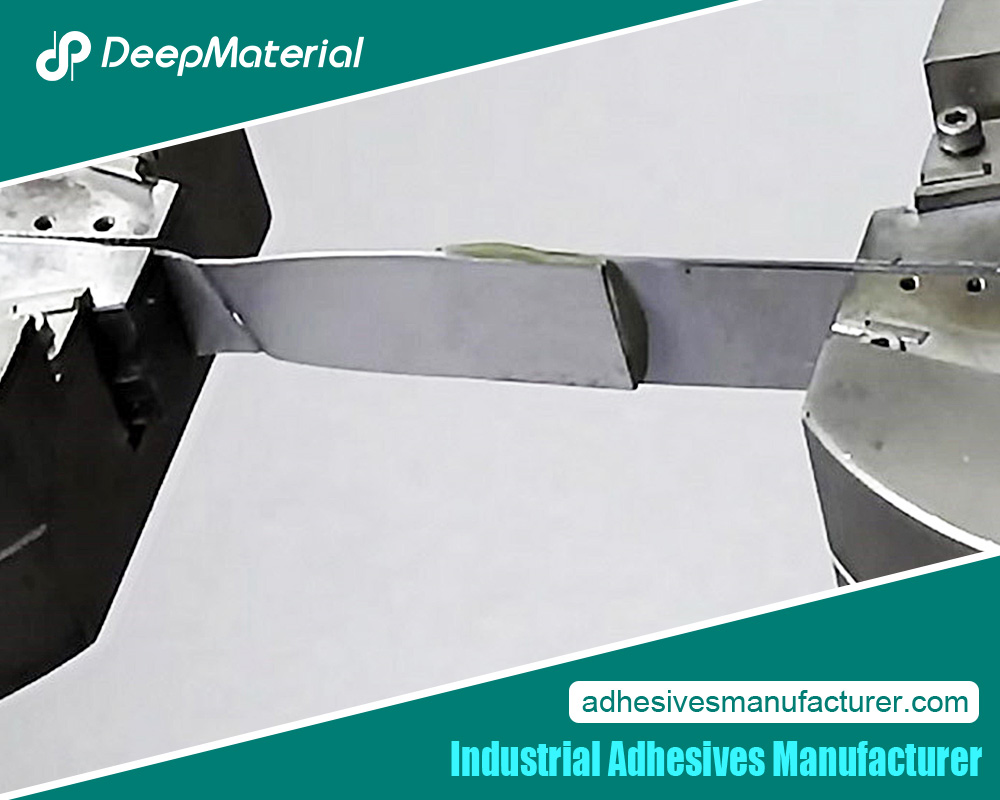
Final Thoughts
UV conformal coating is the best choice for shielding electronic components from whatever life throws their way! Its ability to rapidly cure without sacrificing flexibility makes it a perfect fit for those out-of-reach, delicate spots on complicated electronic assemblies.
Offering superior insulation with uncanny precision and transparency – UV conformal coatings prove their worth in any application with demanding requirements. As we continue innovating into the future, these coatings stand ready at the front line – balancing speed, precision, and reliable component protection like no other!
For more about a complete guide to the top UV Conformal Coating, you can pay a visit to Deepmaterial at https://www.adhesivesmanufacturer.com/ for more info.


